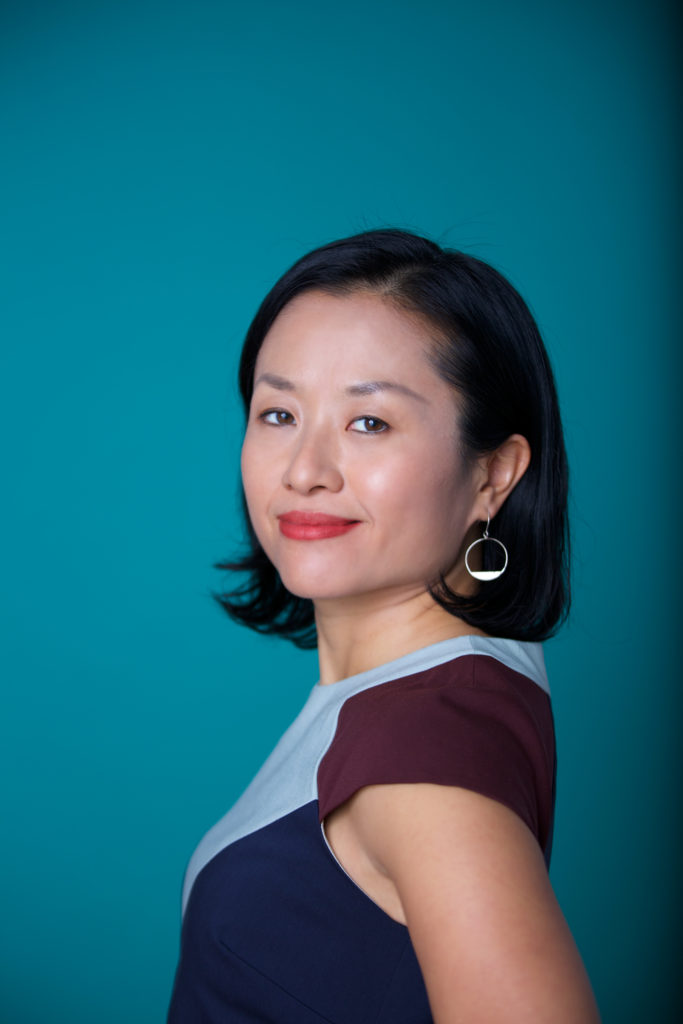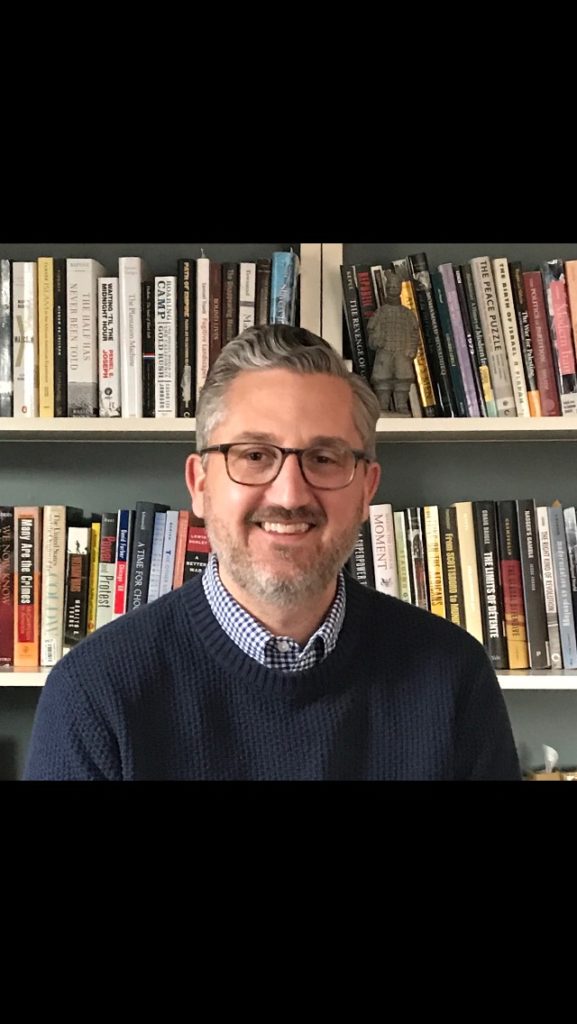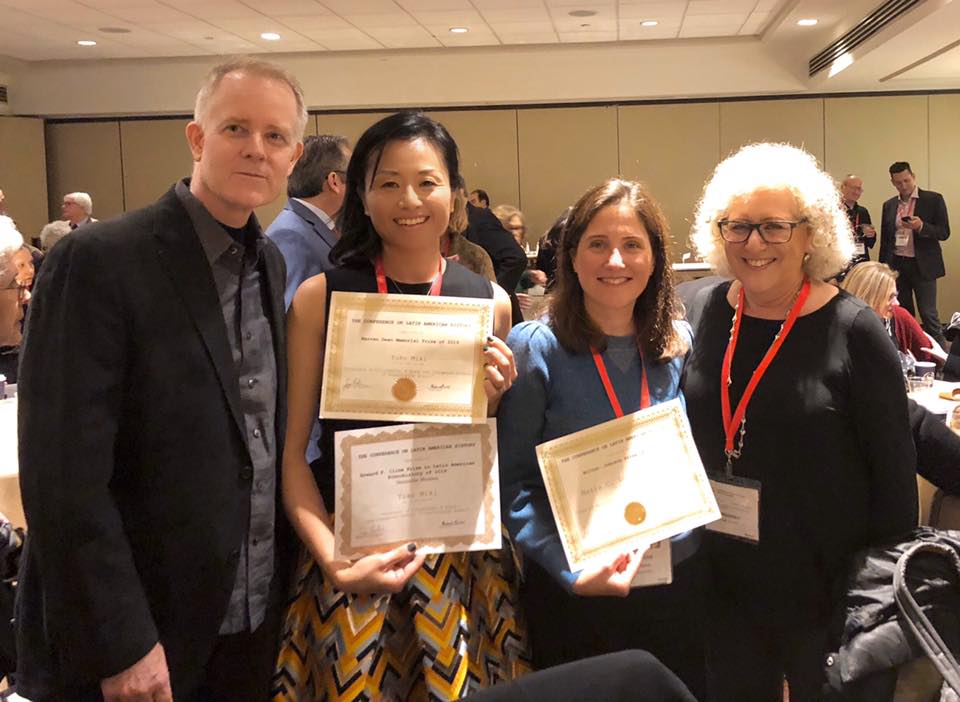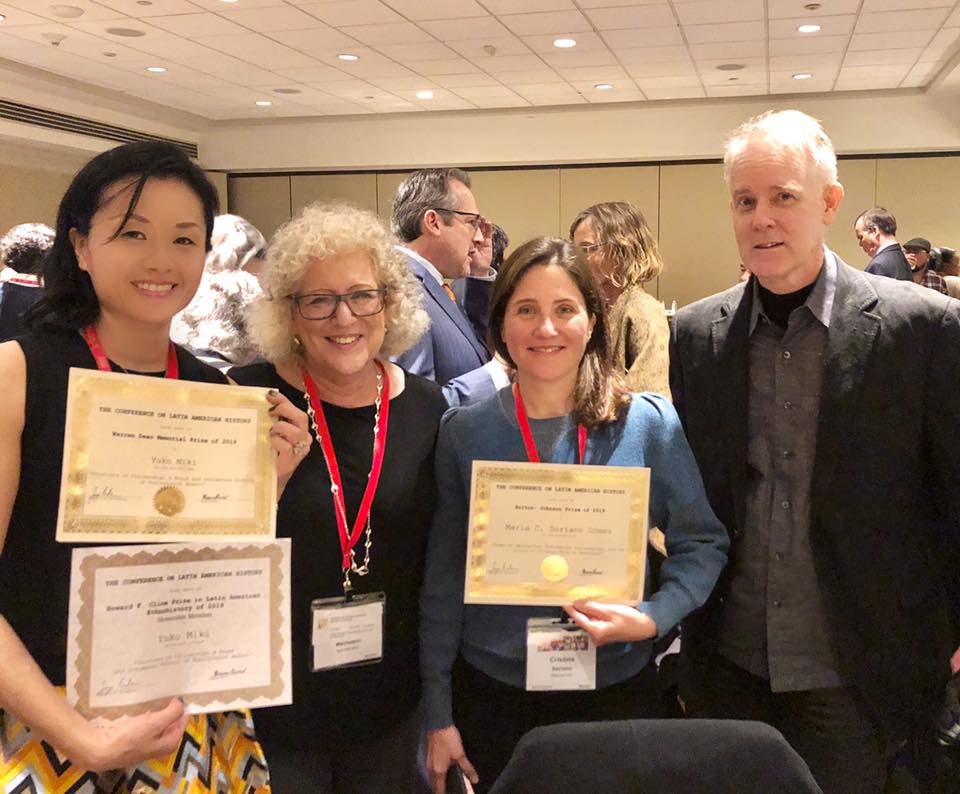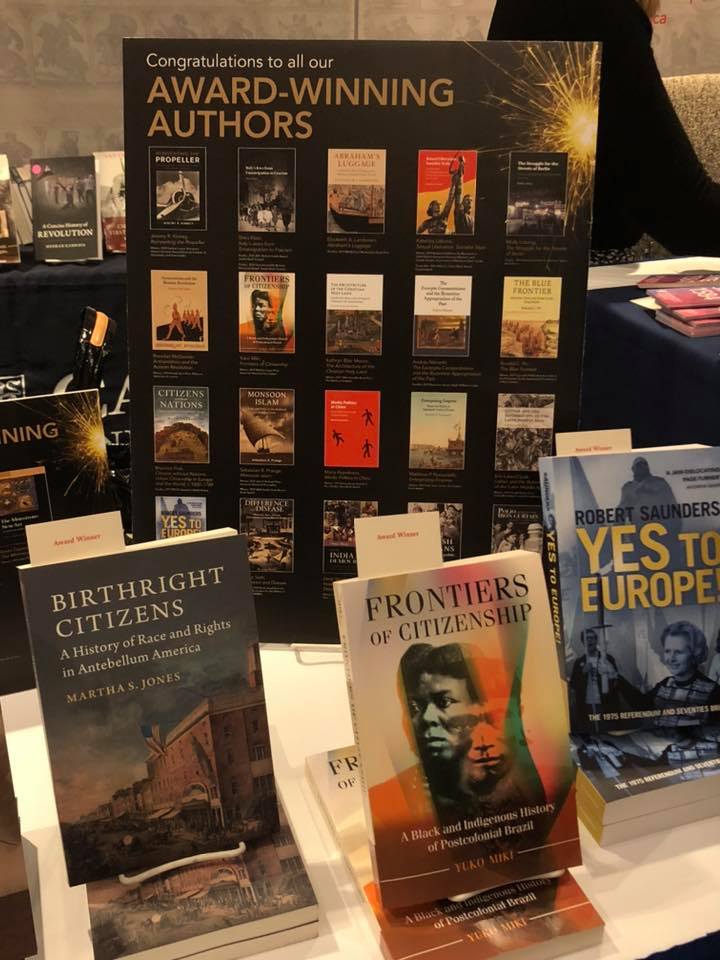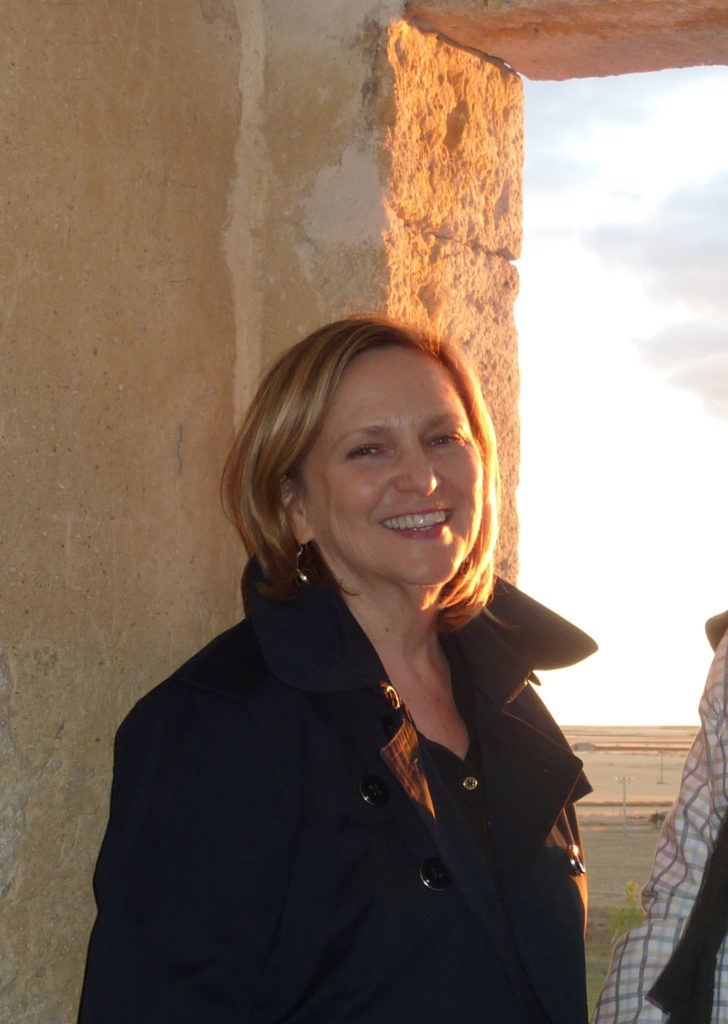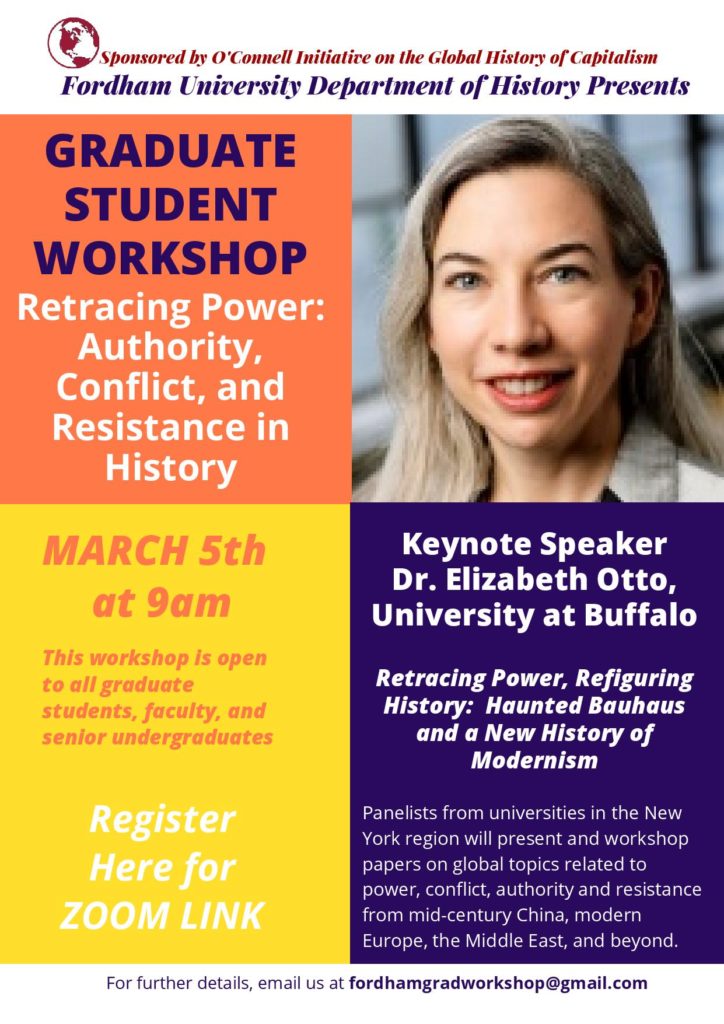
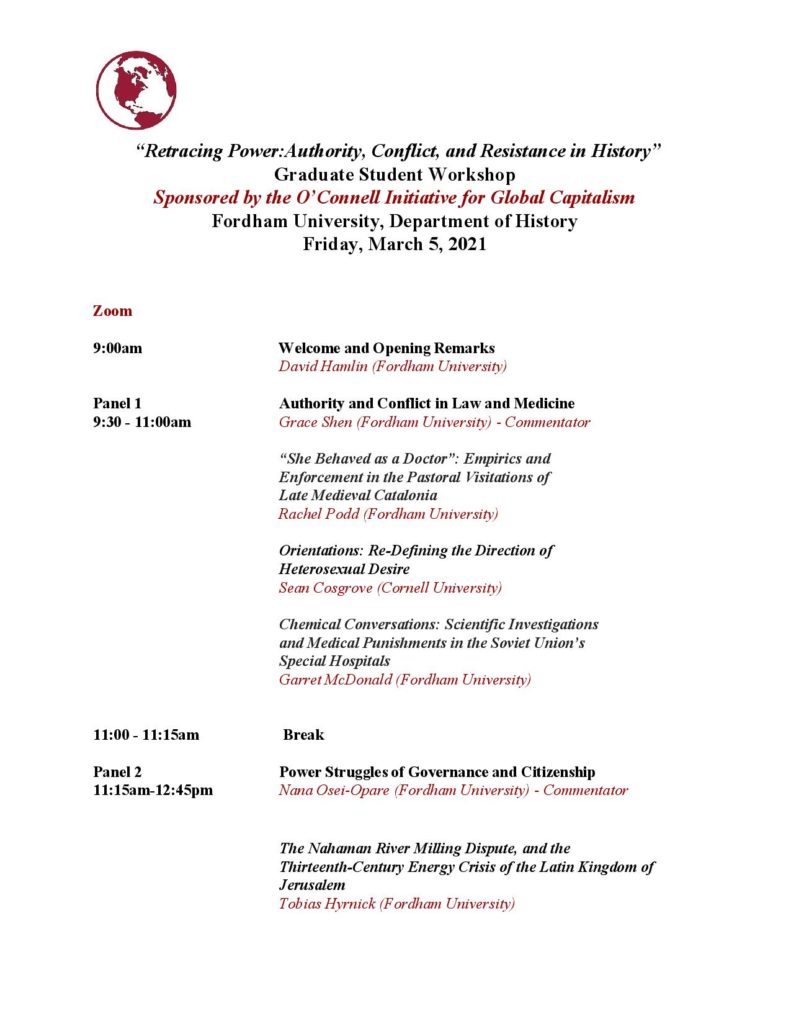

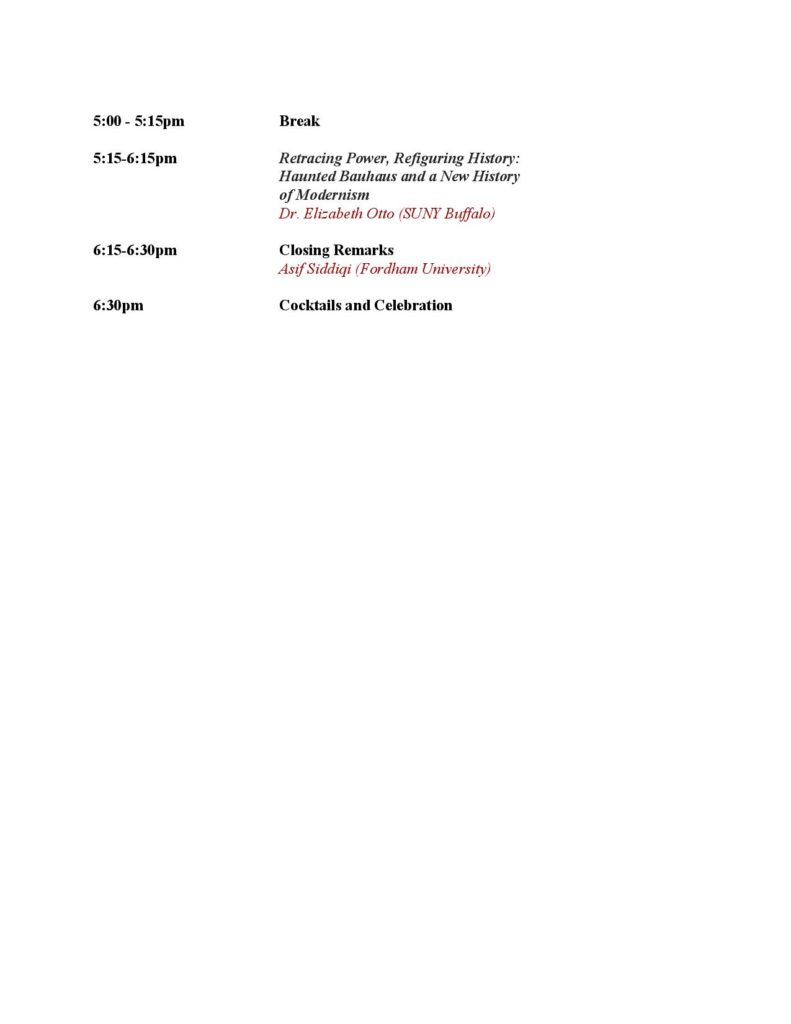
“Retracing Power:Authority, Conflict, and Resistance in History”
Graduate Student Workshop
Sponsored by the O’Connell Initiative for Global Capitalism
Fordham University, Department of History
Friday, March 5, 2021
Zoom
9:00am Welcome and Opening Remarks
David Hamlin (Fordham University)
Panel 1 Authority and Conflict in Law and Medicine
9:30 – 11:00am Grace Shen (Fordham University) – Commentator
“She Behaved as a Doctor”: Empirics and
Enforcement in the Pastoral Visitations of
Late Medieval Catalonia
Rachel Podd (Fordham University)
Orientations: Re-Defining the Direction of
Heterosexual Desire
Sean Cosgrove (Cornell University)
Chemical Conversations: Scientific Investigations
and Medical Punishments in the Soviet Union’s
Special Hospitals
Garret McDonald (Fordham University)
11:00 – 11:15am Break
Panel 2 Power Struggles of Governance and Citizenship
11:15am-12:45pm Nana Osei-Opare (Fordham University) – Commentator
The Nahaman River Milling Dispute, and the Thirteenth-Century Energy Crisis of the Latin Kingdom of Jerusalem
Tobias Hyrnick (Fordham University)
Asantean noumena: The politics and
imaginary reconstruction of the Asante Palace
Tony Yeboah (Yale University)
12:45 – 2:00pm Lunch Break
Panel 3 Unfree Labor
2:00-3:30pm Samantha Iyer (Fordham University) – Commentator
Corvée Labor and the Politics of Popular
Insurrection in Trois-Rivières, 1760-1776
Richard Tomczak (Stony Brook University)
Choose Your Human Rights Battles Wisely:
The Kennedy Administration, the United Nations,
and the Saudi Arabian Slave Trade
Nicholas DeAntonis (Fordham University)
Commerce, Identity, and Mobility in the Dangme
Littoral of the Eastern Gold Coast, 1850s—1870s
Ishmael Annang (Georgetown University)
3:30 – 3:45pm Break
Panel 4 Political Cultures
3:45-5:00pm Amanda Armstrong-Price (Fordham University) – Commentator
Culture Wars: Arnoldian Culture in Late Nineteenth
and Early Twentieth Century Britain
Jarrett Moran (Graduate Center, City University of New York)
Structuring spontaneity: The twilight of anarchist
organization in Spain and Italy, c. 1917-1923
William Whitham (Princeton University)
5:00 – 5:15pm Break
5:15-6:15pm Retracing Power, Refiguring History: Haunted Bauhaus
and a New History of Modernism
Dr. Elizabeth Otto (SUNY Buffalo)
6:15-6:30pm Closing Remarks
Asif Siddiqi (Fordham University)
6:30pm Cocktails and Celebration

